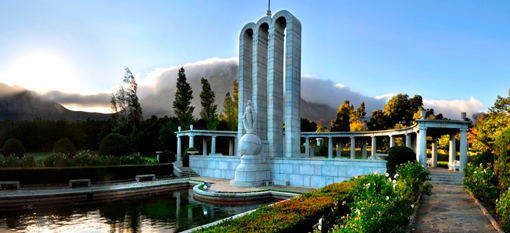Thirty years ago, Franschhoek was sleepy hollow personified, and very little had changed in the preceding 70 years.
It was a farming dorp which attracted a few city folk on a Sunday drive to escape the city and the only attractions were the Huguenot Museum (which was — unusually for a small country town — open on Sundays after church) and Swiss Farm Excelsior for tea and scones.
Very little of its French heritage remained, apart from place names. In fact, the French influence of the Huguenot settlers had completed disappeared 100 years after they arrived in 1688. Today, after a sustained marketing strategy, it’s French roots are inescapable. Investment in the Valley has been phenomenal. How did this all happen? Arthur McWilliam Smith, who was close to the centre of events over the past 30 years, tells the story.
When he arrived, Franschhoek had three accommodation places; today it has over 150. So, he points out right at the start of the interview, “the changes have seen a massive increase in employment.” So Franschhoek is the model that every aspiring tourism town needs to examine very carefully.
The forerunner of change was the late Michael Trull, a Capetonian who had been an advertising executive in the UK, and erstwhile owner of La Bri Vineyards. Capitalising on the introduction of the Wine House liquor licence that had been introduced, he opened the restaurant “1688″, taking its cue from opportunities for the town’s imminent tercentary date. (He also founded Vignerons de Franschhoek at a time when there were very few wineries in the Valley.)
more on capeinfo.com




